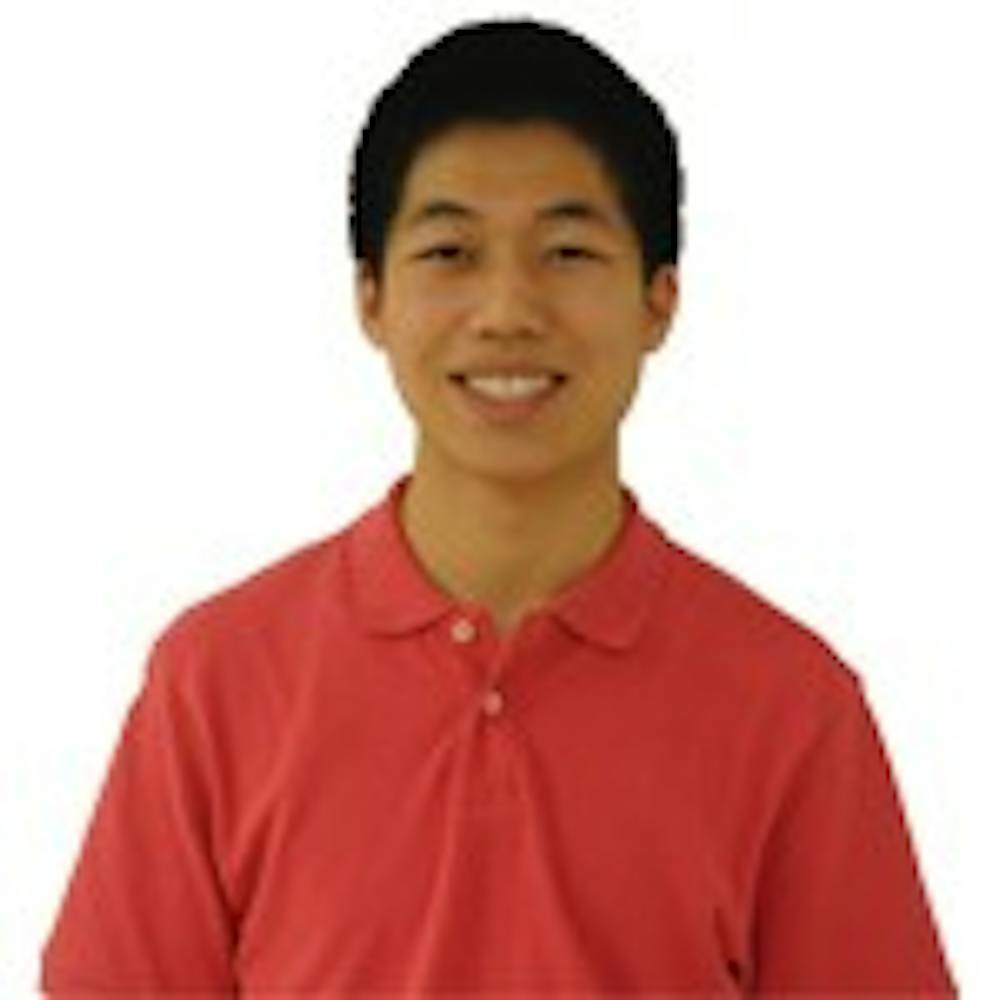
What are you? I get that question a lot.
When I was younger, I usually responded with a baffled look, not realizing I was “different.” Pretty soon, though, I learned what people meant. At first, I’d respond, “I’m Asian.” If that didn’t satisfy their curiosity, a guessing game would ensue as they tried to determine whether I was Chinese, Korean or Japanese.
No one ever guessed correctly. The answer I was looking for was Taiwanese. But even my parents thought of me as American because I was born here. Everyone had a different label for me and I wasn’t sure which actually fit.
At times, I felt Asian, but also American. I was a double agent, capable of alternating between two different identities.
Most of the time, I acted as a near-perfect Asian (with the exception of speaking Chinese with a slight American accent). My ability to excel at my schoolwork and win teachers’ hearts meant that I never blew my cover. I even called my grandparents on all the important Chinese holidays. Going out to eat dim sum on the weekends and shop at Asian supermarkets made me feel at home.
I attended Chinese school every Saturday — like all the other Asian kids — and grew plump from eating copious amounts of white rice, dumplings and tofu at home with wooden chopsticks. I enjoyed science and math and dreamed of becoming a doctor one day.
But I never knew the roots of one culture could make adjusting to new soil so difficult.
At school, I slipped on my American identity and was careful not to reveal my Asian inclinations. I spoke English as well as the boy next door and loved to eat hamburgers, french fries and hot dogs at lunchtime. I played tag, capture the flag and kickball at school and devoured ice cream on the weekends with friends. To me, being “American” felt just as right as being “Asian.”
While I thought I acted “American,” I was, in many ways, a misfit shoe on America’s foot. I had trouble competing in football, basketball and soccer. I often felt lost in conversations about the best quarterback in the NFL. I stared blankly at silverware in restaurants and drew awkward stares when I used the improper fork. My friends gasped when they found out I had never heard of Aerosmith or “Forrest Gump.”
I blew my cover too many times to be considered a real American agent.
It was about this time that I began to think I needed to change myself in order to fit in. So I started to listen to mainstream music, followed sports and became acquainted with dinner table etiquette. But I realized that disguising either side of my identity — whether American or Asian — would mean lying to myself.
I used to think I was alone in my struggles, but I’m not. Trinh Thach, a College sophomore involved with the Pan-Asian American Community House, explained over email: “Sometimes maintaining a balance between Asian and American identities is difficult, but it is definitely possible, depending on how much effort one is willing to put into it. I think Asian Americans should be proud to be able to be a part of two wonderful cultures!”
I will never be able to deny my Asian heritage and the effect it has had on me. But I don’t have to define myself through one culture — I can use both. I was planted an Asian but watered as an American.
There is no reason for me to suffer as a double agent when I can thrive with a unified identity.
And, I think I’ve finally found an appropriate answer to the recurring question. Next time someone asks me, “What are you?” I will try not to respond with “Taiwanese” or “American.” I will explain to them that I am Asian-American.
Robert Hsu, a College and Wharton sophomore from Novi, Mich. His email address is rohsu@sas.upenn.edu. Follow him @mrroberthsu. “The Casual Observer” appears every other Friday.
The Daily Pennsylvanian is an independent, student-run newspaper. Please consider making a donation to support the coverage that shapes the University. Your generosity ensures a future of strong journalism at Penn.
DonatePlease note All comments are eligible for publication in The Daily Pennsylvanian.




